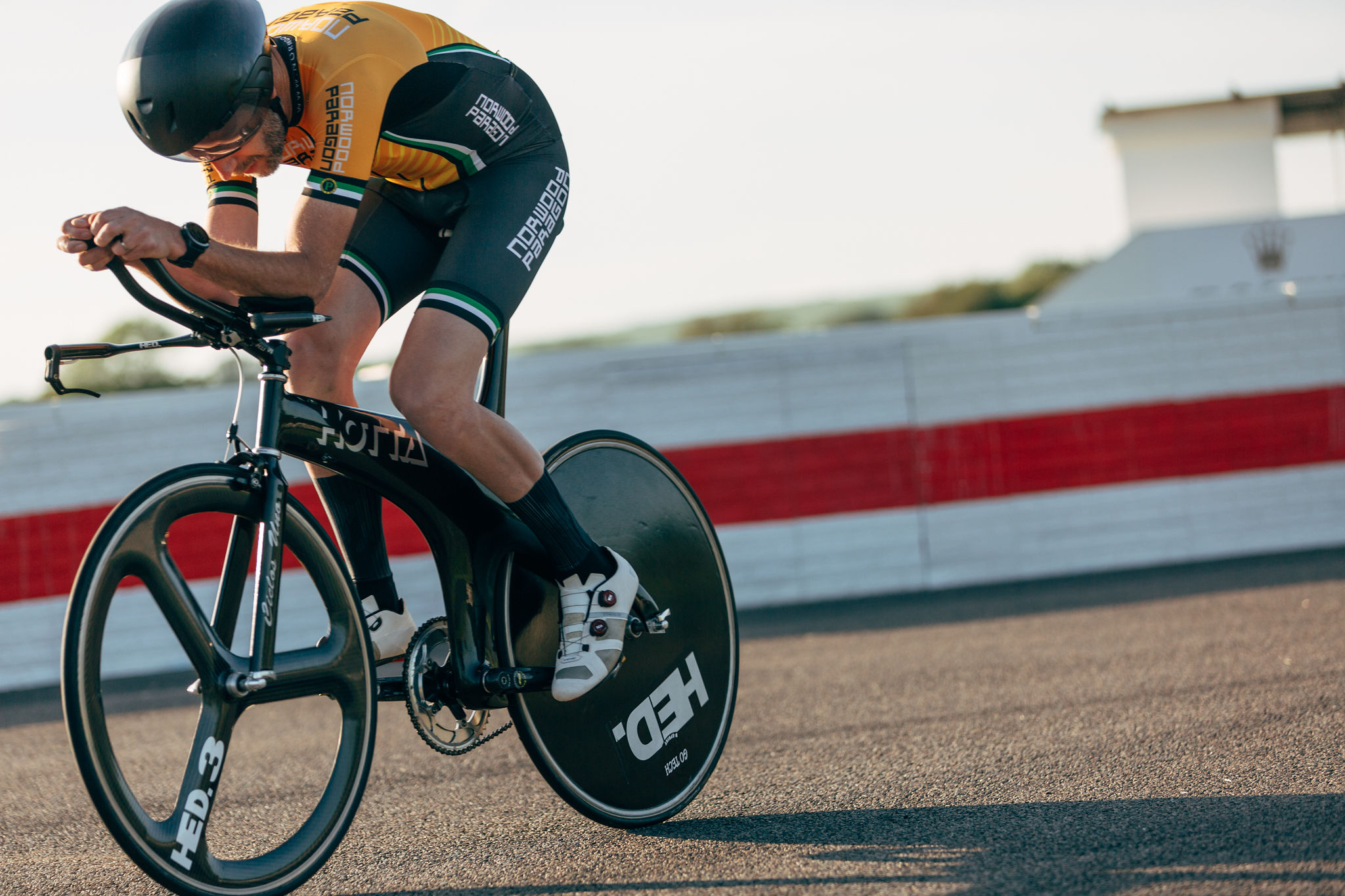Team GB Lotus x Hope track bike design ‘stolen’, claims Dutch bike brand
Kú Cycle threatening legal action for patent infringement if British Cycling refuses to recognise its claimed ownership of the wide fork design
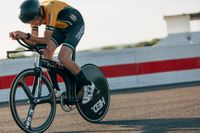
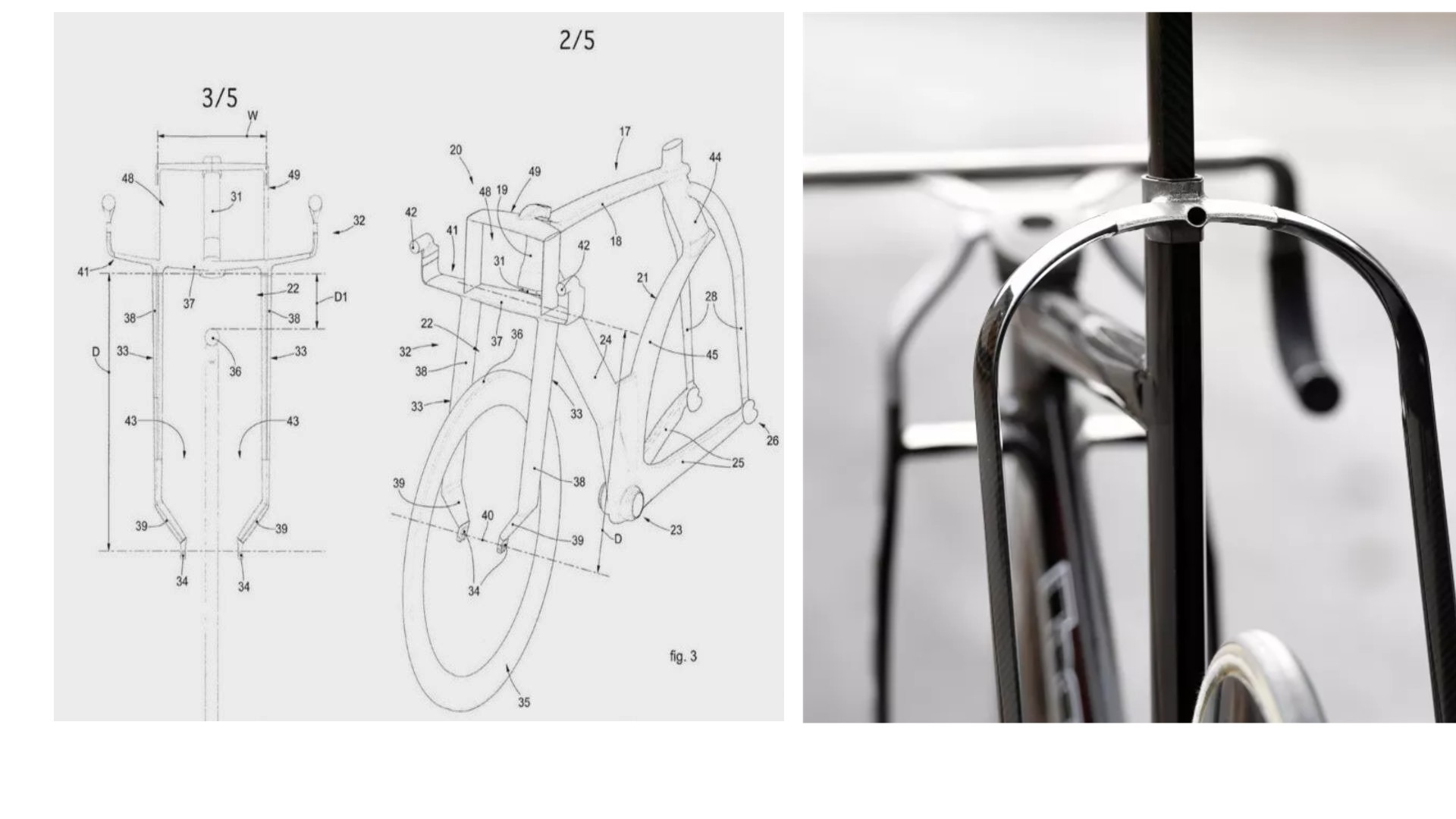
The latest race content, interviews, features, reviews and expert buying guides, direct to your inbox!
You are now subscribed
Your newsletter sign-up was successful
The design of the revolutionary Team GB Lotus x Hope track bike was stolen from a Dutch bicycle brand according to its co-founder, who plans to take legal action if British Cycling refuses to recognise its claim.
The wide, arched fork of the Lotus x Hope HB.T bears a close resemblance to that of the Kú Cycle TF1, and the Dutch brand’s co-founder and CEO Alex Bok told Cycling Weekly that Kú was first to file the patent in 2016 - and that British Cycling's international patent application was declined in March this year with reference to Kú's relevant patent.
“Now there might be coincidences where two parties work on a similar idea at the same time. But put the Lotus x Hope British Cycling bike as a picture next to our patent. It doesn’t need an expert to see there’s a lot of resemblance.”
According to Bok, his business partner and Kú co-founder Richard McAinsh, a British engineer who spent 12 years in F1 working with Ferrari and Benetton, later working in cycling with 3T, came up with the idea of a raised, wide fork towards the end of his time with 3T in 2013.
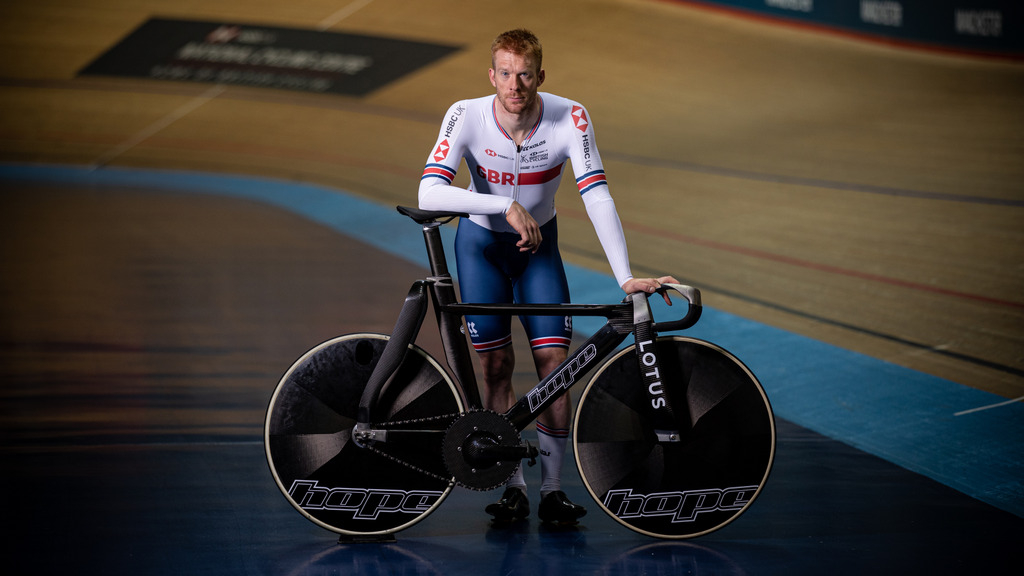
Bok described McAinsh’s reaction when the Hope x Lotus HB.T was unveiled in November 2019: “Richard is a very gentle, friendly, smart British engineer who doesn’t get upset too easily. He was sitting next to me in the office and he nearly choked. His head was getting all red. He said this is ridiculous. This is exactly my idea and it’s been stolen.”
Bok said he and McAinsh believe the idea was stolen during McAinsh’s time between 3T and setting up Kú Cycle with Bok, when he was looking for investors and potential partners for his fork design.
“This was prior to January 2019, when he first contacted me. Within the UK engineering environment, when you start looking for investors sometimes you have to lift your skirt a little bit and say ‘this is what I’m working on’. And some of them were like, whoa, this is really interesting.
The latest race content, interviews, features, reviews and expert buying guides, direct to your inbox!
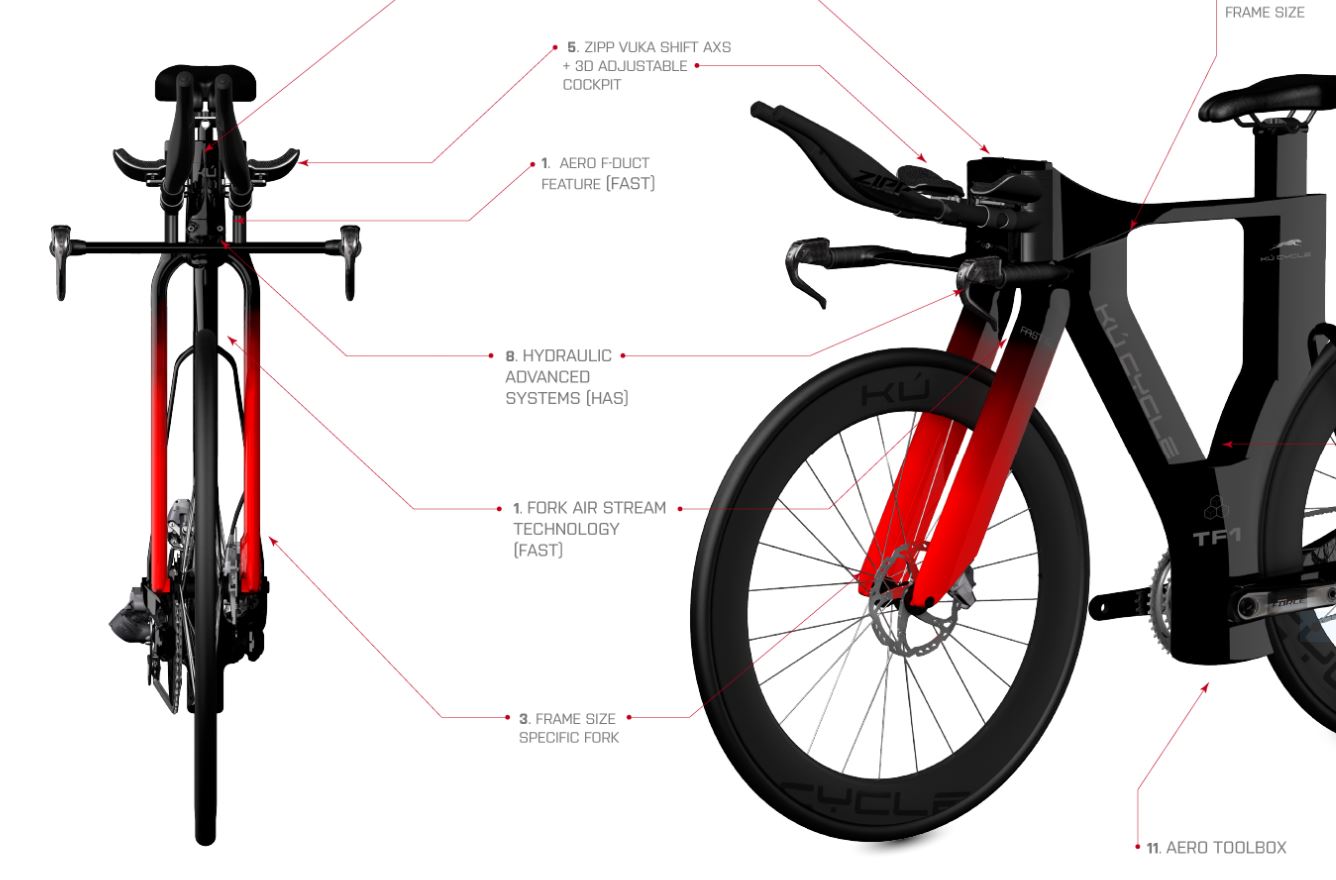
“He talked me through the disc brake leading to the removal of the calipers on the front, raise the fork and just like in F1 as he had done for 12 years you can completely rework the front of the bike as if it’s the wing of a F1 car on the nose. You can reduce blockage of the air on the front and two you can start to direct air along the legs of the rider and tell the air where to go. That caught my attention.
“In January 2019 I decided to work with Richard," continued Bok. "In April 2019 we got private equity investors behind us and they had a few demands. One was that they wanted the patent to be fully run through the process, no matter what the cost and the patent that was filed in 2016 was pursued and basically approved in 2020 for Europe (including UK) and early 2021 for the USA.”
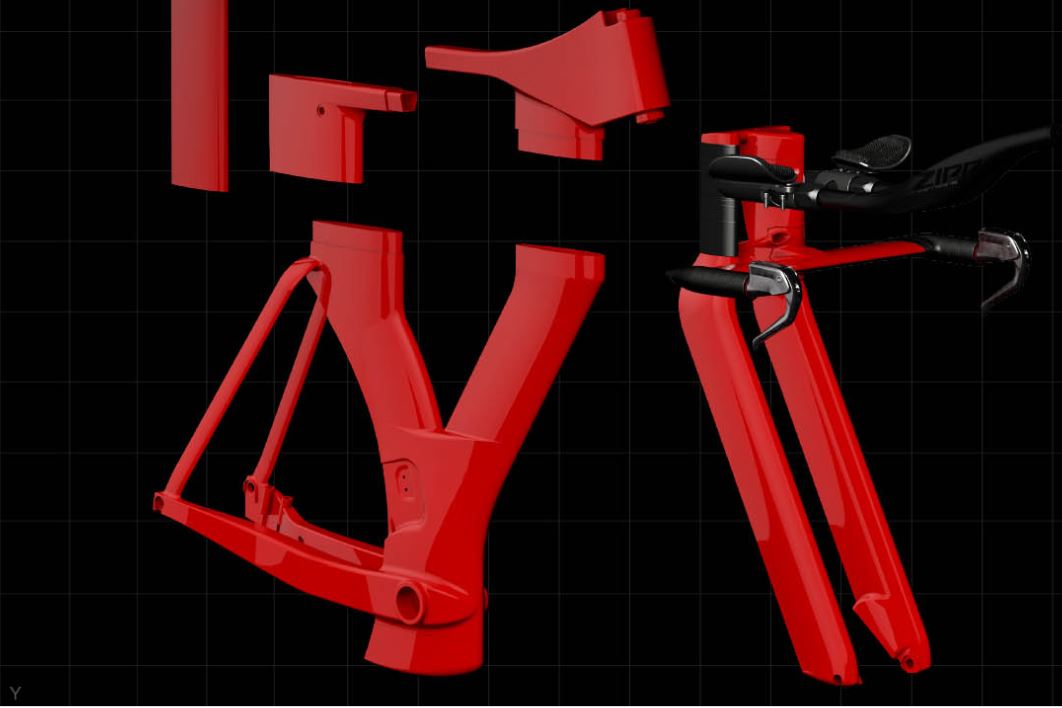
However, the patent is not approved in Japan, and Bok says that now makes things difficult for Kú: “If this was Paris 2024 it would have been a different ballgame.”
Bok said his company spent the first quarter of 2020 on the instruction of Kú’s investors researching every patent from Lotus, Hope and British Cycling. But they found no patents from any of them. However, according to Bok: “It seems that British Cycling filed a patent family in mid-late 2019 but under a secret flag, not publicly announced so you can’t see the contents."
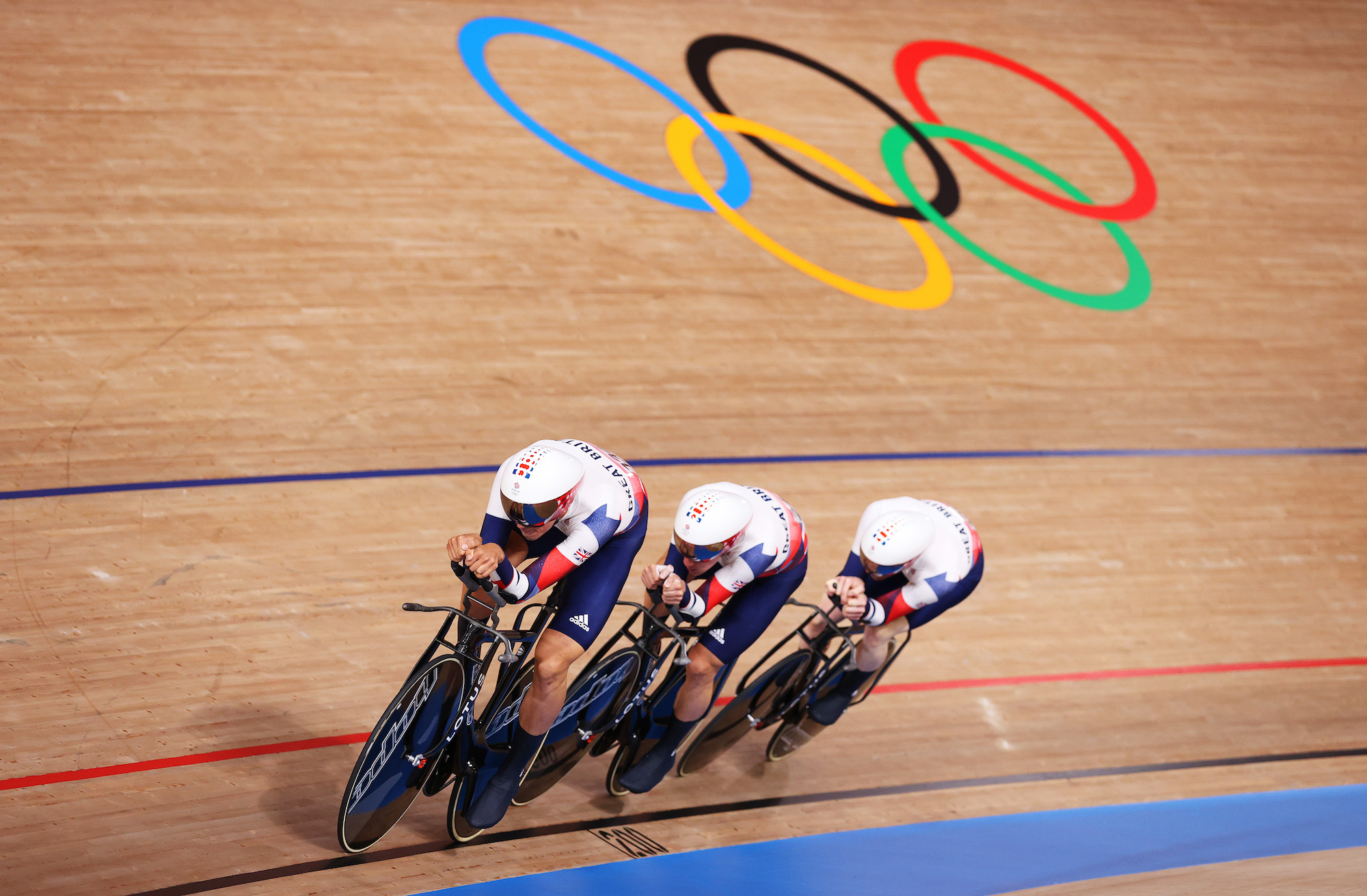
“When we saw the bike we were not happy, but we said we’ll let it rest until the bike is really being used. And then the Olympics were cancelled. So you can’t start to make noise if you don’t know if the bike is actually being used.
“But now our patent lawyers came back, they’ve done the research and basically said - and this is literally in the last two or three weeks - that it looks like British Cycling's patent application has been built to get around our patent.”
Bok explained that the lawyers believe BC avoided using the ‘pivot box’ used on the Ku TF1, which eliminates the head tube and uses a nose cone design instead.
“We’ve put a lot of passion, money and effort into filing, developing, testing and it’s a highly complex structure. Our investors are saying if we’re just being ignored and if we don’t say anything now then by next week we will be seen as having copied British Cycling and that goes a bit too far,” said Bok.
“We’re protecting our patent and our business. So we want a recognition of who owns the patents, a clear statement before the Olympics begin that this is where the source comes from. Nobody asked us if we can talk about a cooperation, a partnership. Nobody said, can we talk about licensing or using your stuff?
"Ultimately what we would like to do is to see if we can get into a sensible, professional conversation with British Cycling and say, maybe you don’t have to apply for a patent, you just need to recognise where the technology comes from. If you want to use it let’s sit down and talk.”
How confident is Bok of achieving that?
“Our patent lawyers are doing deeper research into the infringement 'yes or no', but also - and I hope this shows our spirit of how we want to close this - we will send a letter to British Cycling and say, hey, these are the facts. You don’t have a patent because it was declined because of our patent. Let’s talk. We have no interest in legal battles but our investors including Richard and myself will go full force (a) if people simply ignore it and don’t recognise where the original came from and (b) there is legal protection in place.”
A British Cycling spokesman said: “The design for this bike has been in the public eye for almost two years. We are confident that it does not infringe any patents and we are happy to deal with any challenges through the appropriate processes.”
Simon Smythe is a hugely experienced cycling tech writer, who has been writing for Cycling Weekly since 2003. Until recently he was our senior tech writer. In his cycling career Simon has mostly focused on time trialling with a national medal, a few open wins and his club's 30-mile record in his palmares. These days he spends most of his time testing road bikes, or on a tandem doing the school run with his younger son.
